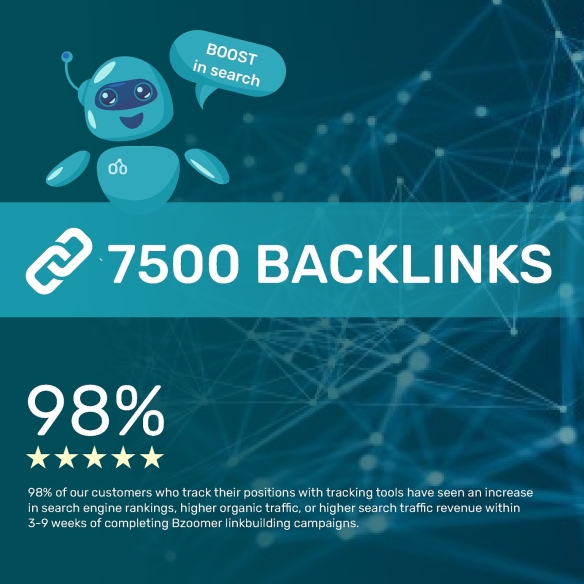In the fast-paced world of digital marketing, staying ahead of the competition requires strategic planning and execution of marketing campaigns that can reach and engage your target audience effectively. Whether you're a small business owner or a marketing professional, understanding the key principles of successful marketing campaigns and SEO (Search Engine Optimization) is essential. In this article, we will explore the fundamentals of marketing campaigns and how to optimize them for better online visibility.
- Know Your Audience:
The foundation of any successful marketing campaign is a deep understanding of your target audience. You must know their preferences, pain points, and behaviors. This knowledge allows you to create content and messages that resonate with your audience, increasing the chances of conversion.
- Set Clear Goals:
Before launching a marketing campaign, define clear and measurable objectives. Are you looking to increase website traffic, generate leads, boost sales, or enhance brand awareness? Knowing your goals will help you tailor your campaign strategy accordingly.
- Keyword Research and Optimization:
SEO plays a crucial role in marketing campaigns. Start with thorough keyword research to identify the terms and phrases your audience is searching for. Incorporate these keywords strategically into your website content, blog posts, and campaign materials to improve your search engine rankings.
- Content Creation:
High-quality, relevant, and engaging content is the heart of successful marketing campaigns. Create content that speaks directly to your audience's needs and interests. Utilize various formats such as blog posts, videos, infographics, and podcasts to cater to different preferences.
- Consistent Branding:
Maintaining a consistent brand image across all marketing materials is essential for building trust and recognition. Use the same color schemes, logos, and messaging to ensure a cohesive brand identity.
- Leverage Social Media:
Social media platforms are powerful tools for marketing campaigns. Choose the platforms that align with your target audience and industry. Engage with your audience through regular posts, live videos, and contests to foster a loyal following.
- Email Marketing:
Email marketing remains an effective way to connect with your audience directly. Craft personalized and engaging emails to nurture leads, promote products, and provide valuable content.
- Paid Advertising:
Consider using paid advertising channels such as Google Ads or social media advertising to boost your campaign's reach. Set a budget, target specific demographics, and monitor the performance of your ads.
- Analytics and Tracking:
Regularly monitor and analyze the performance of your marketing campaigns using tools like Google Analytics. Pay attention to metrics like website traffic, conversion rates, click-through rates, and ROI (Return on Investment). Adjust your strategy based on these insights to improve results.
- Continuous Optimization:
Marketing campaigns should evolve over time. Use the data and feedback you collect to refine your strategies, experiment with new ideas, and adapt to changes in your industry and audience preferences.
Effective marketing campaigns are a vital component of a successful online presence. By understanding your audience, setting clear goals, and optimizing your campaigns for SEO, you can increase your visibility, engage your target audience, and ultimately drive better results for your business. Stay agile, embrace new trends, and consistently refine your strategies to stay ahead in the ever-changing digital marketing landscape.


